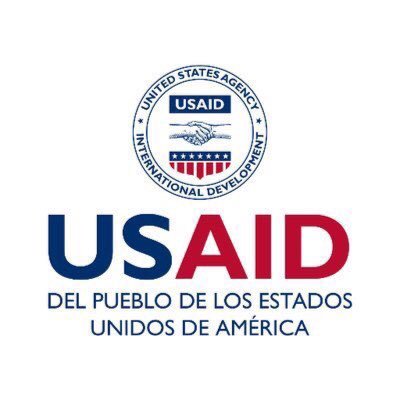At an event on the sidelines of the Ninth Summit of the Americas, a hemispheric meeting of leaders of the region held in Los Angeles, California, June 6-10, the United States Agency for International Development (USAID) Administrator Samantha Power announced approximately $331 million in humanitarian and long-term development assistance to address food security and resilience in the region, among other initiatives focused on Latin America and the Caribbean.
The $331 million funding includes more than $198 million of emergency food security programming and related assistance such as nutrition, health, protection, as well as water, sanitation, and hygiene interventions to provide a holistic response, Power said. “To address medium to long-term term food security and resilience measures in the region, more than $132 million in Feed the Future funds, subject to Congressional approval, will go toward resources that aim to help smallholder farmers in Colombia, Guatemala, Haiti, Honduras, and Peru improve productivity of high-value horticulture crops, increase incomes, and bolster farmers’ capacity to withstand shocks like higher fertilizer prices and impacts of climate change,” the USAID administrator explained.
The independent agency of the U.S. federal government that is primarily responsible for administering civilian foreign aid and development assistance cited that “food insecurity in Latin America and the Caribbean is increasing after more than a year of inflationary pressures, rising energy and fuel prices, disruptions from the global pandemic, the ongoing impacts of climate change and extreme weather, and the impact of the war in Ukraine.”
High inflation
According to USAID, “countries that rely significantly on imported food are particularly vulnerable to rising food costs, and many in the region are experiencing the highest rates of inflation and increases in food prices in more than 10 years. Meanwhile, the region is highly exposed to disruptions in the global fertilizer supply due to shortages and bans imposed by Russia, which historically has provided the majority of the region’s fertilizer.” USAID announced that it is also accelerating ongoing efforts working with smallholder farmers in Latin America to increase their agricultural productivity, diversify their incomes, strengthen market connections, expand access to finance, and improve household level nutrition.
Canada’s contribution
At the same time USAID released the Caribbean and Latin America-focused initiatives, Canadian Prime Minister Justin Trudeau announced over $115 million in aid throughout the hemisphere, to help advertise gender equality, handle irregular migration and compelled displacement, help well-being and pandemic response, for tasks supporting democratic governance, and to advertise digital entry and tackle disinformation. Around an extra $900,000 will be allocated to the production and distribution of high-impact research that addresses disparities faced by women and different populations, according to Trudeau.
Other initiatives
Below are some other initiatives announced by USAID during the Ninth Summit of the Americas:
– USAID will provide up to $35.9 million to promote the social and economic integration of millions of Venezuelan migrants and refugees in South America through policy reform, pathways for legal status, professional certification, job training and placement, microenterprise creation, access to financial services, and other socio-economic integration efforts.
-USAID will provide up to $4.1 million in Central America to expand work in countries including Belize, Costa Rica, and Panama, which will support the social and economic integration of migrants from Nicaragua, Venezuela, Haiti, and others throughout Central America.
-USAID is providing up to $6.5 million in Guatemala to help break the cycle of violence affecting women, youth, LGBTQ+ persons, and Indigenous groups by providing access to violence prevention interventions and to justice, legal, and recovery services.
-USAID will invest up to $2.7 million in Honduras to strengthen access to security and justice for survivors of gender-based violence by emphasizing responsiveness, accountability, and efficiency through targeted institutional reform that will decrease the violence, impunity, and corruption that drive migration.
-USAID will provide up to $12.3 million to promote deforestation-free and climate-smart approaches to commodity production in Brazil, Colombia, and Peru. Amazonia Connect will advance the Plan to Conserve Global Forests: Critical Carbon Sinks by promoting deforestation-free and climate-smart approaches to commodity production in key Amazonian landscapes in South America.
-USAID will expand on its COVID-19 activities in the region to invest in global health security initiatives in Peru, Guatemala, and Brazil in 2022, and in FY 2023, will expand programming to seven countries (Brazil, Colombia, El Salvador, Guatemala, Honduras, Jamaica, and Peru). (https://dialogo-americas.com/articles/usaid-announces-multiple-latin-american-and-caribbean-focus-initiatives/)



































